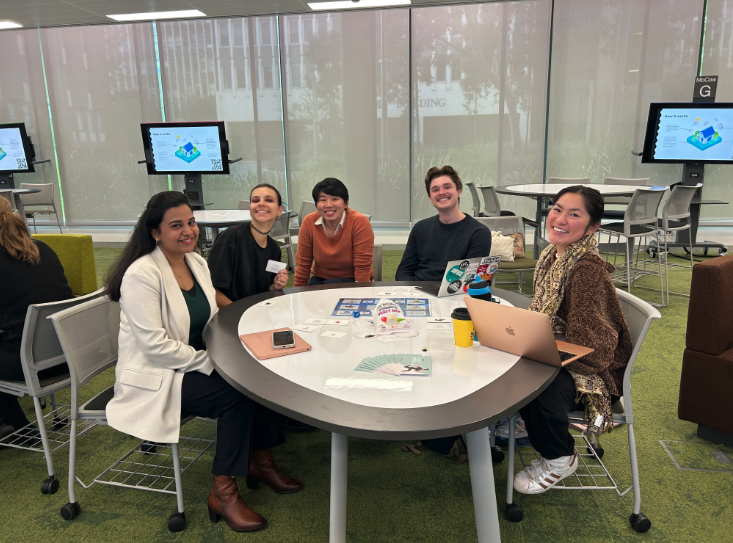According to the World Health Organisation, 23% of all global deaths are due to environmental factors, with an additional 250,000 climate-related deaths expected annually to 2030.
Doctors are at the coalface of dealing with the immediate and long-term consequences of climate change, from heatstroke to persistent anxiety.
Despite these risks, few medical schools, either in Australia or internationally, incorporate climate education in their curricula.
In a 2019 survey, the International Federation of Medical Students’ Associations found that only 16% of medical schools across 112 countries teach climate science.
While the climate is changing rapidly, medical faculties globally have been slow to recognise the training needs of the next generation of doctors regarding the health consequences of a heating planet.
We know that climate change increases the frequency, duration, and severity of heat waves, floods, bushfires and droughts.
Additionally, climate change exacerbates the effects of chronic health conditions, including asthma, diabetes, and heart disease, as well as increasing risks to vulnerable populations such as pregnant women, the elderly and disadvantaged communities.
Climate change also leads to food and water insecurity, reduces biodiversity, worsens air quality, and increases exposure to vector-borne and infectious diseases, including dengue fever, hendra virus, lyssavirus, Ross River virus, and buruli ulcer.
In 2022, members of the WHO-Civil Society Working Group to Advance Action on Climate Change and Health released an open letter calling on all education stakeholders (that is, universities) to ensure health professionals are prepared to identify, prevent, and respond to the health impacts of climate change and environmental degradation.
Preparing health professionals for a future impacted by climate change is the responsibility of all education stakeholders, including the deans, academics, managers and other teaching staff of health professional educational institutes, as well as the associated accrediting, examination, and licensing bodies.
At Monash Rural Health in Gippsland, we developed a board game to better-inform medical students about sustainability and climate change, introducing first-year medical students to what they may face regarding healthcare issues in the face of a climate emergency.
This simulation is based in part on the lived experience of Monash faculty and students, as well as healthcare workers practising in the Gippsland region during the prolonged 2019-20 bushfire season, and the severe floods that impacted this area in 2022 and 2023.
